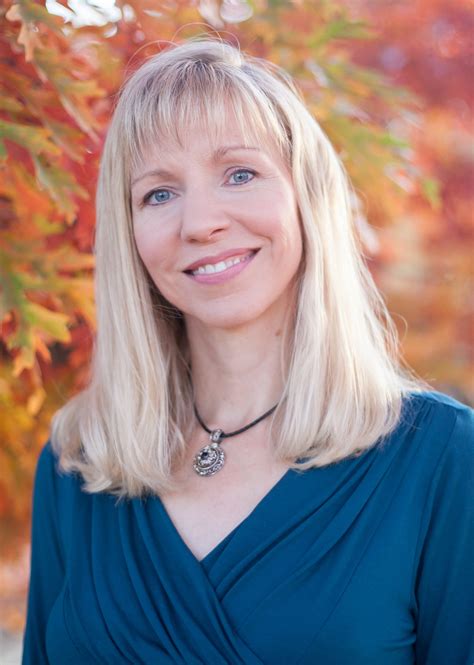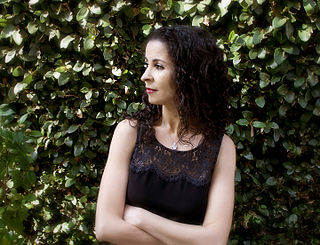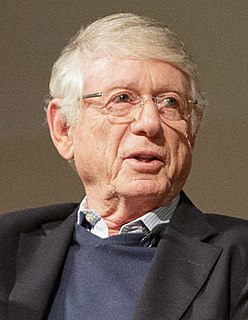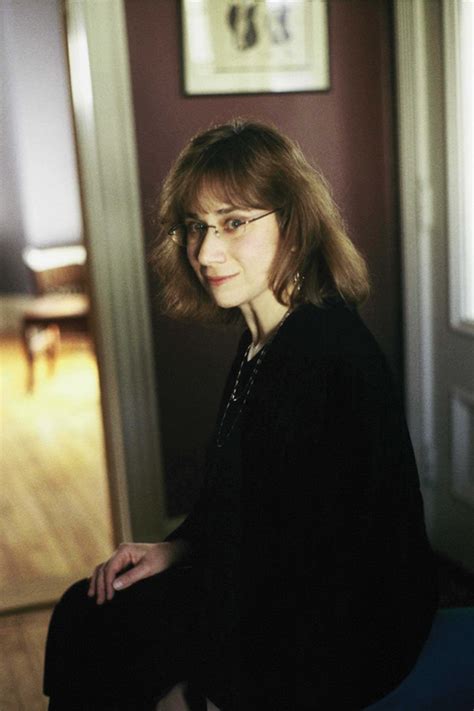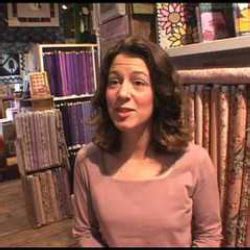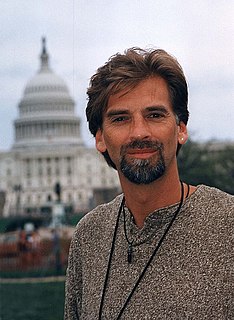A Quote by Julie Klassen
While researching my first book, I discovered so many fascinating tidbits that I wanted to share them with readers to remind them that while the book was fiction, the situations were based on historical realities - some of which were pretty hard to believe.
Related Quotes
You asked if I thought my fiction had changed anything in the culture and the answer is no. Sure, there's been some scandal, but people are scandalized all the time; it's a way of life for them. It doesn't mean a thing. If you ask if I want my fiction to change anything in the culture, the answer is still no. What I want is to possess my readers while they are reading my book ? if I can, to possess them in ways that other writers don't. Then let them return, just as they were, to a world where everybody else is working to change, persuade, tempt, and control them.
I used to want covers that represented the book's contents very closely and were also pretty. Many folks automatically believe that this is what makes a good cover. But I've changed my mind about this. While the cover should not lie (by implication or outright), its job is simply to say: 'Pick me up!' to someone who might like the book.
I remember as a young child, during one of my frequent trips to the local library, spending hours looking at book after book trying in vain to find one that had my name on it. Because there were so many books in the library, with so many different names on them, I’d assumed that one of them — somewhere — had to be mine. I didn’t understand at the time that a person’s name appears on a book because he or she wrote it. Now that I’m twenty-six I know better. If I were ever going to find my book one day, I was going to have to write it.
Alphabet Juice is the book Roy Blount was born to write, which considering his prodigious talent, is saying a lot. Did you know that the word LAUGH is linguistically related to chickens and pie? This is the book that any of us who urgently, passionately love words-to read them, roll them over the tongue and learn their life stories while laughing and eating chicken and pie-were lucky enough to be born to read.
I find with most of my readers are kind of like me, sort of people who were a little bit naive in life and then learned the hard way that this is what's going on, the political games and most of my readers write to me telling me that the book helped them open their eyes to what other people are doing to them.
The Hollywood stuff in the book tended to come later. I think it was because I was worried about leading with that stuff. I wanted to try to make sure that the other stories in the book were as interesting. I wanted to spend more time on them and craft them. The thing is, with writing, it's form or content.
Me writing the book and the subsequent interactions that we had were actually the cap on that experience. We were still in this weird purgatory about it when I published the book. When I gave them the galleys and what ensued after that, then I understood a lot more about our relationships and what the experience meant to them. I'd never wanted to know what they thought about it at all.
I myself discovered many authors through school reading lists and through school anthologies. The positives are: young readers can find the world opening up to them through books they study. The negatives may include bad experiences kids have - if they don't like the book or the teacher, or the way the book is taught.
